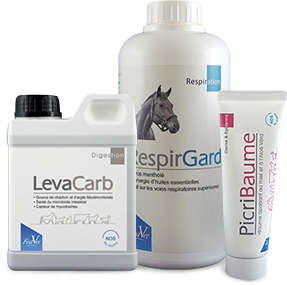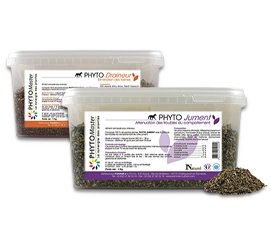At exercise, active muscles require more oxygen and energy substrates. The metabolic pathways were activated and generate by-products that must be deleted by the body. During long lasting effort or an effort by high temperatures, core body temperature rises. If exercise is intense, some H+ ions appear in the muscles and blood, which decrease the pH.
What are the risks of an increase or decrease in pH of blood and muscles ?
The physiological adaptations in response to a physical effort have the main objective to maintain the acid-base balance or homeostasis. When the ions rise, the pH decreases, it is called acidosis. Conversely, when the H+ concentration decreases, the pH increases it, it is called alkalosis. This may alter the energy muscle function and reduce its force of contraction. For example, during sprint exercise, muscles produce large amounts of lactate and hydrogen ions, which reduces muscle pH. This change in acid-base balance disrupts muscle contraction and its ability to produce ATP (adenosine triphosphate).
What are the solutions to maintain homeostasis ?
Naturally, the body has basic compounds (such as bicarbonates, phosphates, proteins) and acidic compounds. These compounds, called buffer molecules, aim to maintain acid-base balance in body fluids. For example, the pH in horses is between 7.3 and 7.5 in the venous blood. The blood pH can vary between 6.9 and 7.5 maximum. These extreme values can be tolerated only few minutes.
" Each organism naturally has buffers molecules (bicarbonates, phosphates, ...) to maintain the acid-base balance. In athletes, where this balance is fragile, the bicarbonate supplementation may enhance buffering capacity of blood and extracellular fluids of muscle." explains explique Justine Guillaume, Ph.D.
Administration of buffering substances, such as bicarbonates, has been studied both in human and equine athletes. It was investigated the effets of sodium bicarbonates on the plasma buffer capacity. Results showed a significant increasing in blood pH, making it more alkaline. It was also concluded that metabolic alkalosis induced by pre-race administration of sodium bicarbonate may enhance clearance of lactate and hydrogen from skeletal muscle, with the intention of delaying onset of fatigue.
Several studies in horses showed that supplementation with sodium bicarbonate (HCO3-) could induce alkalosis, persisting up to 20 hours post-administration in Thoroughbred horses (Lloyd and Rose, 1995). In Standardbred trotters, Lawrence et al. (1990) indicated that the bicarbonates supplementation improved lactate clearance, and thus delay onset of the fatigue. Nevertheless at this time, further investigations are necessary to clarify the direct effects on athletic performance.















